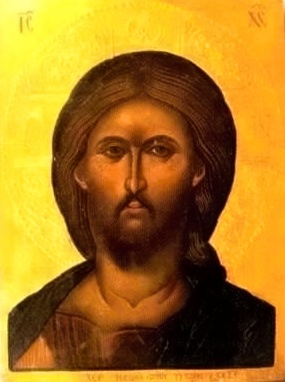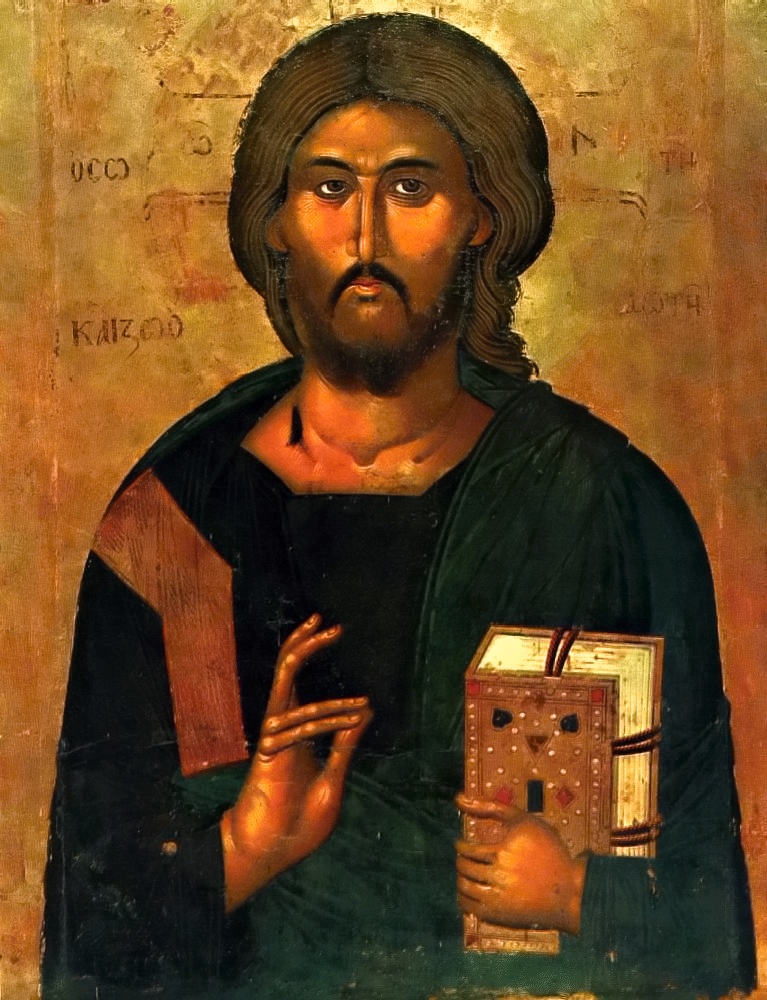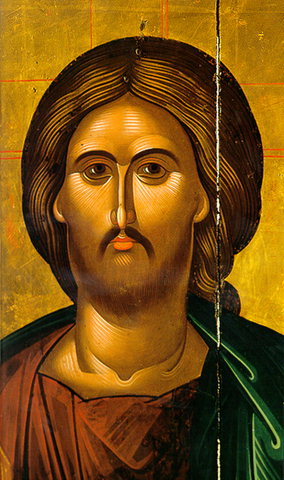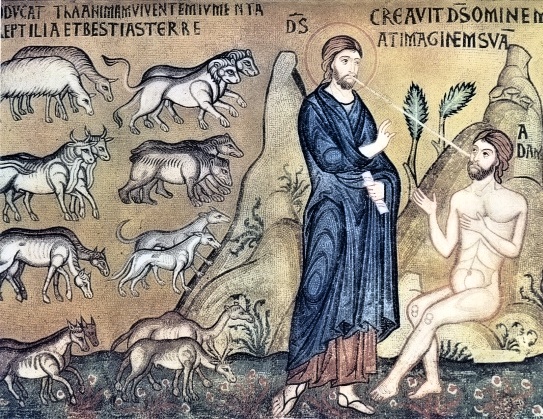the Son begotten from Him has always been with the Father. Since God could not be called Father without Son. And if He existed without Son, He wouldn’t be a Father. And if He had become afterwards a Father and He could change from not being a Father to being one, this would be worse than any blasphemy.`
The Father and the Son are two persons equal in divinity and glory, but one is the Father and the other is the Son, always having for each other the love that exists between father and Son: one always being a fatherly love and the other always being filial love.
158. Can we understand this birth before ages ?
This birth before ages of the Son from the Father is a mystery that cannot be comprehended by the mind of men or angels.
`The Father has begotten Him in a way that cannot be conceived by the man but only as the Father knows. Not only the skies don’t understand the birth of the Son but the whole angelic creatures. Not even the Holy Ghost has spoken in the Gospels about the birth of the Son from the Father.
So why then do you search those that were not written in the Scriptures by the Holy Ghost? When you hear that God has begotten do not fall into fleshly thoughts or imagine a corruptible birth. `God is spirit.` (John, IV, 24) and the birth is spiritual.
The birth of the Son from the Father resembled the birth of the thought in mind. They said that as the birth of the thought in mind is spiritual, the birth of the Son from the Father is spiritual too. When there is a mind there are thoughts and there is no mind without thoughts. In the same way if the Father exists the Son exists too and there is no Father without the Son. But even this is an imperfect resemblance.
159. What means `light of light`?
This is for assuring us that the Son who has been begotten is entirely as the Father from whom he was born. The Creed says that in the same way the light that is lit doesn’t distinguish itself from the light from which is taken, the being of the Son doesn’t distinguish Himself from the being of the Father.
Everything the first light owns gives to the second one, except for its attribute as a giver and of the other one of receiver. The comparison with the light is very appropriate for God Who is uncreated Light. Light is what’s best, what’s the most elevate, while darkness is a lack, a harm, is nothingness, is the evil.
`God is light, and in him is no darkness at all`, says apostle John (I John I, 5), and Jesus says : `I am the light of the world. Whoever follows me will never walk in darkness, but will have the light of life.` (John VIII, 12).
160. What means `true God of true God`?
The equality between the Father and the Son is reinforced by the words: `true God of true God`, so that nobody could think that the Son is not God in the true meaning or that He would be a lesser God, as it was the situation at the pagans, who attributed different grades to their gods. `True God of true God` aims to say in the same time that the Son did not receive less divinity nor the Father lessened His Own by begetting His Son.
`The Father by begetting the Son did not change Himself. He begot wisdom (I Cor. I, 24), yet He did not become unwise. He begot Power (I Cor. 1, 24) yet He did not weaken. He begot God yet He did not lose divinity. He did not lose a thing diminishing Himself or changing Himself, nor did the begotten One miss a thing. Flawless is the One Who begot and flawless is the Begotten One.`
161. What means `begotten, not made `?
Although it was said before that Jesus Christ is the One Begotten Son of God and therefore he distinguishes Himself of all those who might be called sons of God. The fathers who composed the Creed wanted to say that Jesus Christ is not a created son like the others, but He is the only One begotten from the Father. He is not a created being, not even the first and the highest of all creation as Arie said, He could not belong to creatures, so He is God.
162. What means `of one essence with the Father` ?
To express even more explicitly that the Son is not a created being, that He is truly begotten from the Father, in the Creed were included these words. The thing a man does is not from his being, but the son who is begotten from him is from his being. The same thing is with God: the whole world is the act of His will and of His work (energy). But the Son is from His being. Saint John Damascene says: `The birth is the act by which is taken out from the being of the one who begets the one who is begotten with the same essence as his. But the creation is an external deed, in which what is created does not come from the being of the One who creates but it is something different of him.`
And saint John Damascene says that if the Son is from the Being of the Father, He is the masterpiece of His essence. He must be begotten before times because what belongs to the being of the divinity is eternal, so that the divine essence would not be changed.
Being from the being of the Father, the Son has the same essence as Him, He is of the same essence with the Father.
Being of the same essence does not mean only that the Son was begotten from the being of the Father or that he has the same being like the Father, but much more than this: that the Son’s being is inseparable of the Father’s.
The being of the father does not repeat itself begetting the Son, to have the same being twice, as it happens at men, but the Father gives His Son by birth His own being, this without being repeated.
The father and the Son are two persons with the same being in common. Between the Father and the Son there is a perfect union as a being, but they are still distint as persons.
“I and the Father are one` says the Saviour. (John X, 30). One shows the being. `I and the Father` show the persons, which are two. In the same way it is shown that the being of the Father and of the Son are one and their persons are two, by the following words of the Saviour: `
`Believe me when I say that I am in the Father and the Father is in me` (John XIV, 11); or : `Anyone who has seen me has seen the Father.` (John XIV, 9).
Saint John Damascene explains these words very clearly: ` the hypostases are united not in the meaning that they mingle but that they contain one anther. Each one of them lives in the other one without blending and fusing. They are not separated or divided, as the heresy of Aries sustains. For saying all in a word, divinity is undivided in the divided ones, just like in three suns containing one another would be a single light in an inner interpenetration.`






